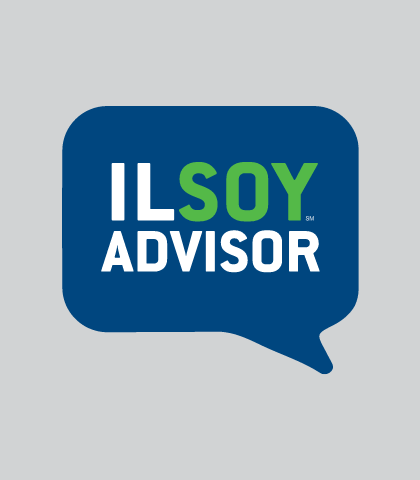And just like that, we have found ourselves at the end of another year. 2020 has brought its own set of challenges and opportunities to farm families across the nation, so let’s look at five things to have ready before going to your accountant’s office for your year-end visit:
1. A tax plan – This is not something you can prepare the night before your meeting. This is something that needs to be completed well before the end of the year. I always suggest meeting with your tax preparer in November or early December (or at least a month before your fiscal year ends) to identify what your “goals” are for your tax return and how to achieve them. It does not matter if this is your first crop or your last, having a plan in place will allow you to maximize benefits available in the current tax law and will save you money in the long run. Having a thorough tax plan will also allow for more accurate cash flow planning for the following year.
2. A complete and accurate set of records – Take time, preferably throughout the year, to record and reconcile bank accounts, loans, and cash transactions. Make sure that you have interest and principal payments separated and all deposits accounted for. Two of the most frequent issues found in record keeping are applying a deposit directly to a loan without recording the income or failure to record interest (which is deductible) separate from principal (non-deductible).
3. Equipment purchase and trade information – Current tax law does not allow for like-kind exchanges of farm equipment. This complicates reporting trade information. It is important to provide your accountant with the full purchase price of any new asset as well as the full trade-in allowance of the piece of equipment. Ideally, you would have this information available to your accountant at your tax planning meeting in the fall to develop an accurate plan.
4. W-2 and 1099 information – Please make sure to have complete and accurate contact information for anyone who is employed by you, performs custom work, receives cash rent or individuals who receive interest income from you. It is recommended having anyone that you might need to send a 1099 to complete an IRS Form W-9, Request for Taxpayer Identification Number and Certification. These can be printed from IRS.gov. If you have employees, bring in records of monthly payroll deposits and quarterly reports required by a government entity. It is important to make sure you also include any “Payment-in-Kind” (PIK) wages, such as grain or animal products, that you gave to someone in exchange for labor.
5. A good attitude – The end of the year is stressful for everyone. Add in a global pandemic and everything else 2020 has brought, this year-end might be more stressful than usual. Things are likely going to look and feel different in your accountant’s office than in years past. You may be asked to meet virtually, wait in your car until they are ready for you, sit on the other side of a sneeze guard or don a mask. Show some understanding if your meeting gets canceled at a moment’s notice due to sickness or quarantine requirements. Do not hesitate to call and reschedule if you or someone in your home is feeling unwell. They will understand and gladly move you to a later date or service your needs from a virtual platform. They are trying to look out for the health of their customers and office staff.
Having these items prepared will help your year-end meeting run efficiently and make things a little easier if getting together in person is not an option. Don’t forget to take some time to focus on some positives 2020 has brought to your operation and identify new goals for 2021.




 and then
and then